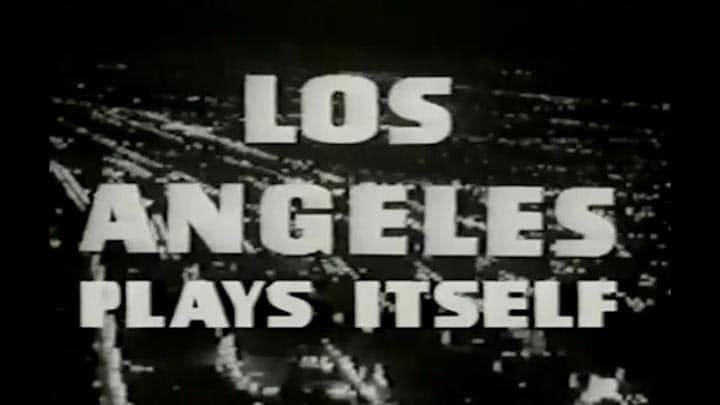Shots From the Canon #16: ‘Los Angeles Plays Itself’ (Thom Andersen, 2003)

Every week or so, filmmaker and writer Robert Greene will attempt to push for a new canon of cinematic nonfiction.
“If we can appreciate documentaries for their dramatic qualities,” says the narrator in Thom Andersen’s indispensable Los Angeles Plays Itself, “perhaps we can appreciate fiction films for their documentary revelations.” Thus begins one of t…
Keep reading with a 7-day free trial
Subscribe to Nonfics to keep reading this post and get 7 days of free access to the full post archives.



